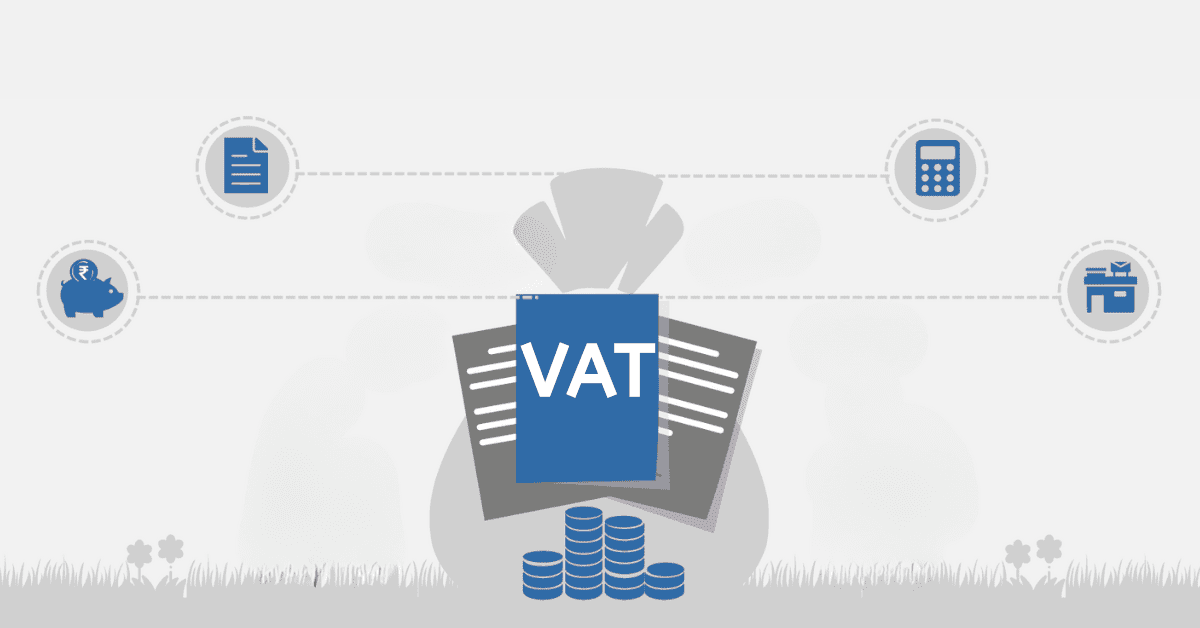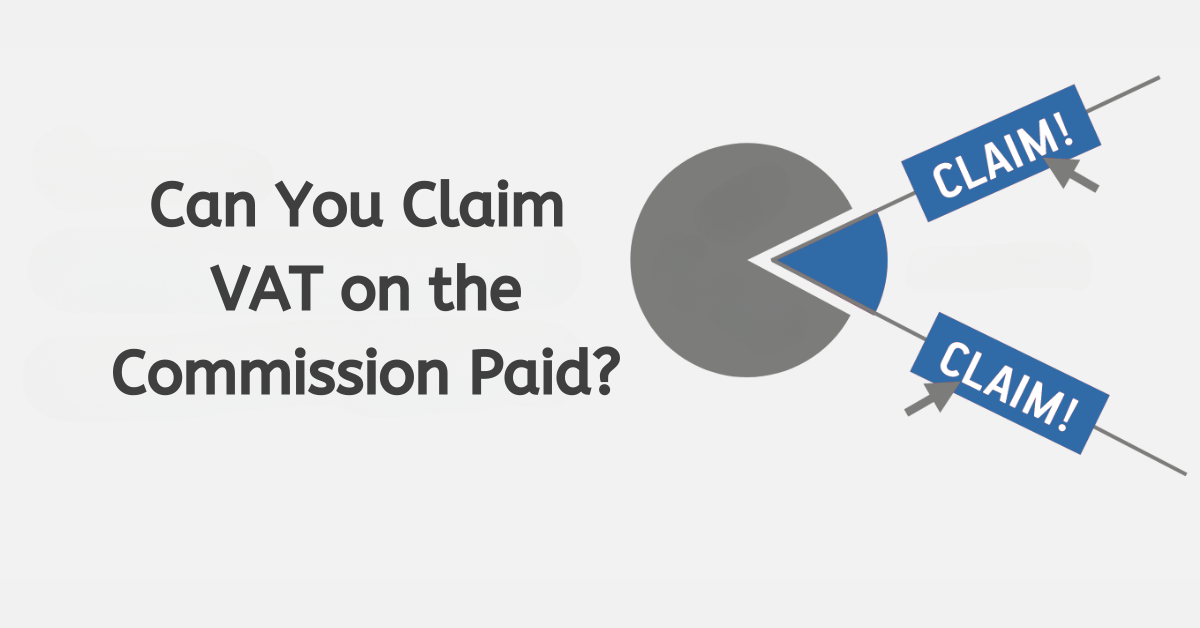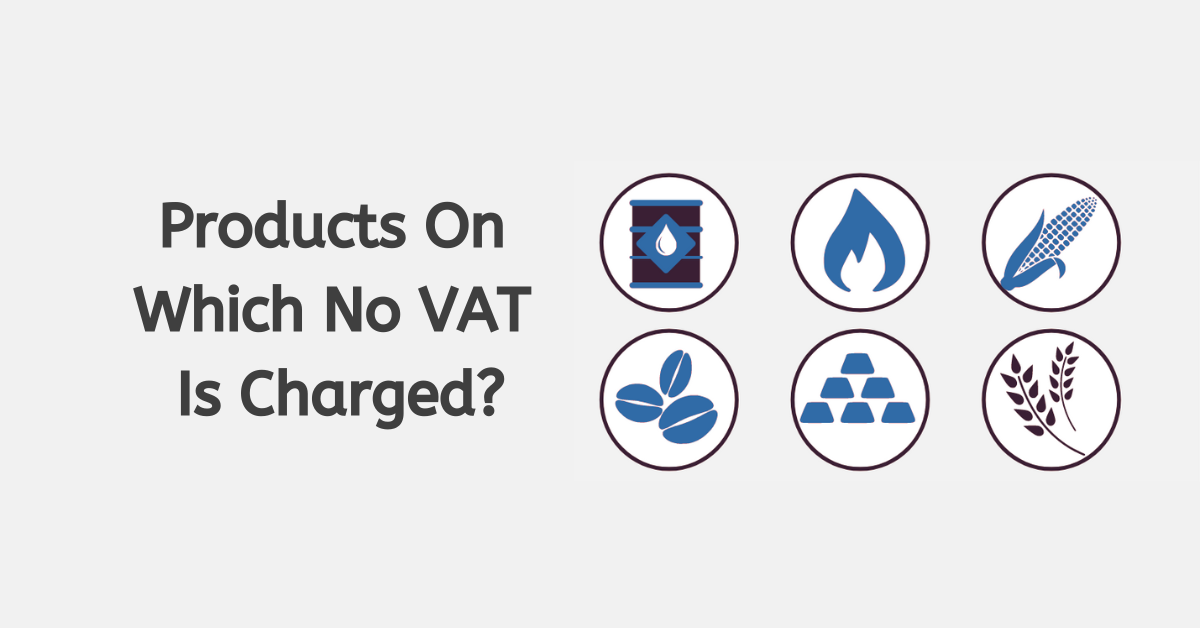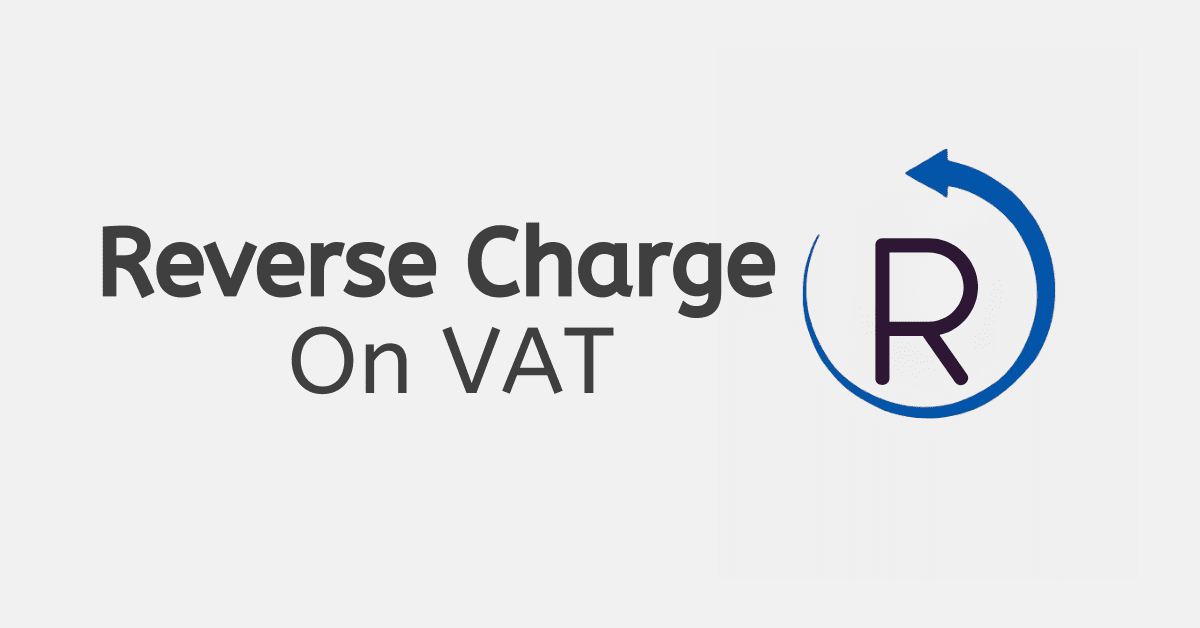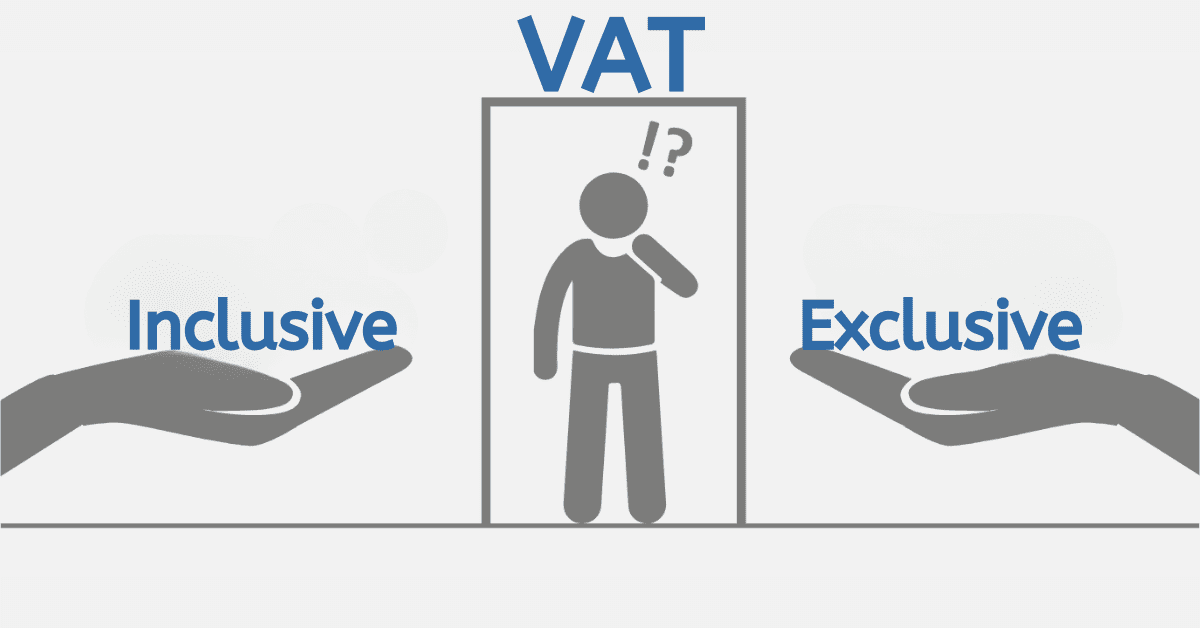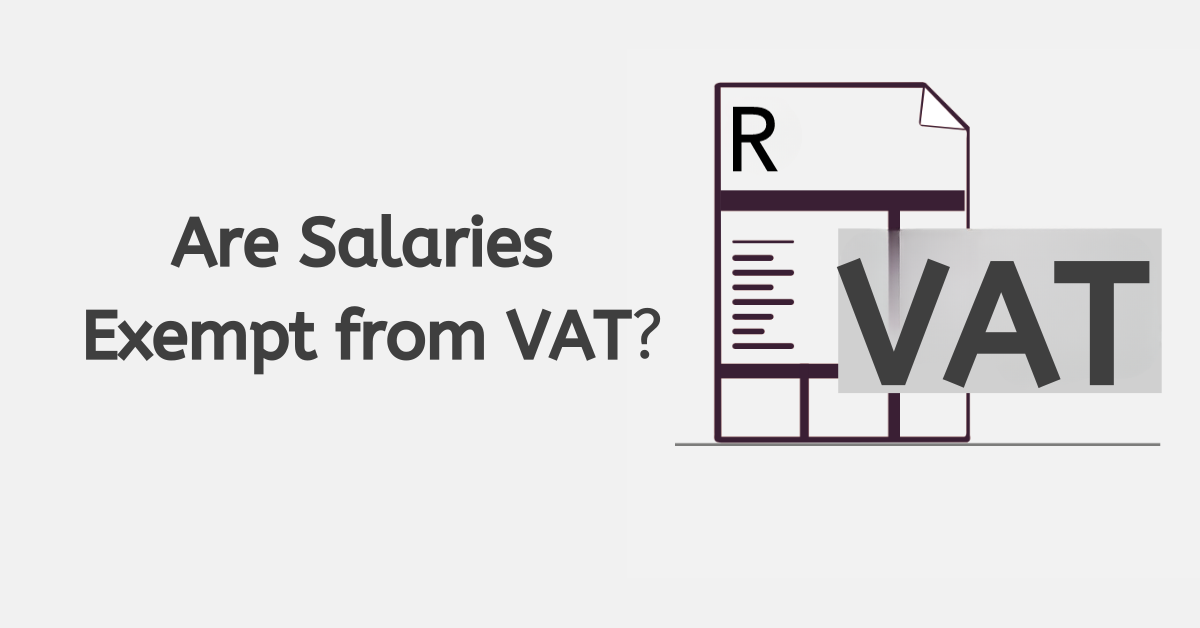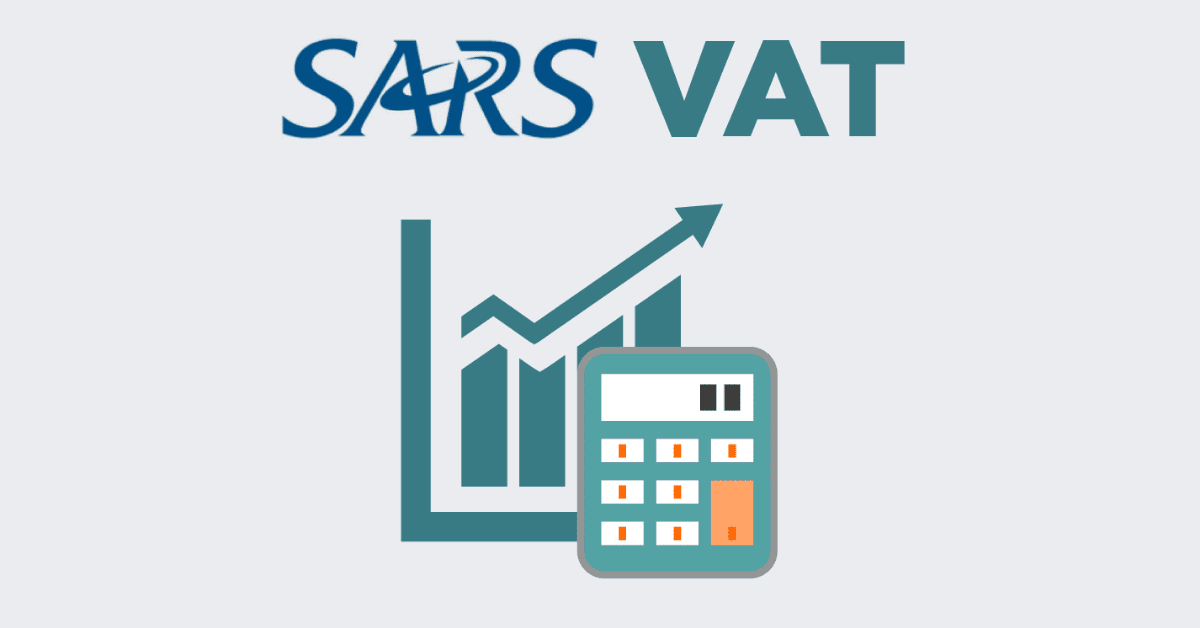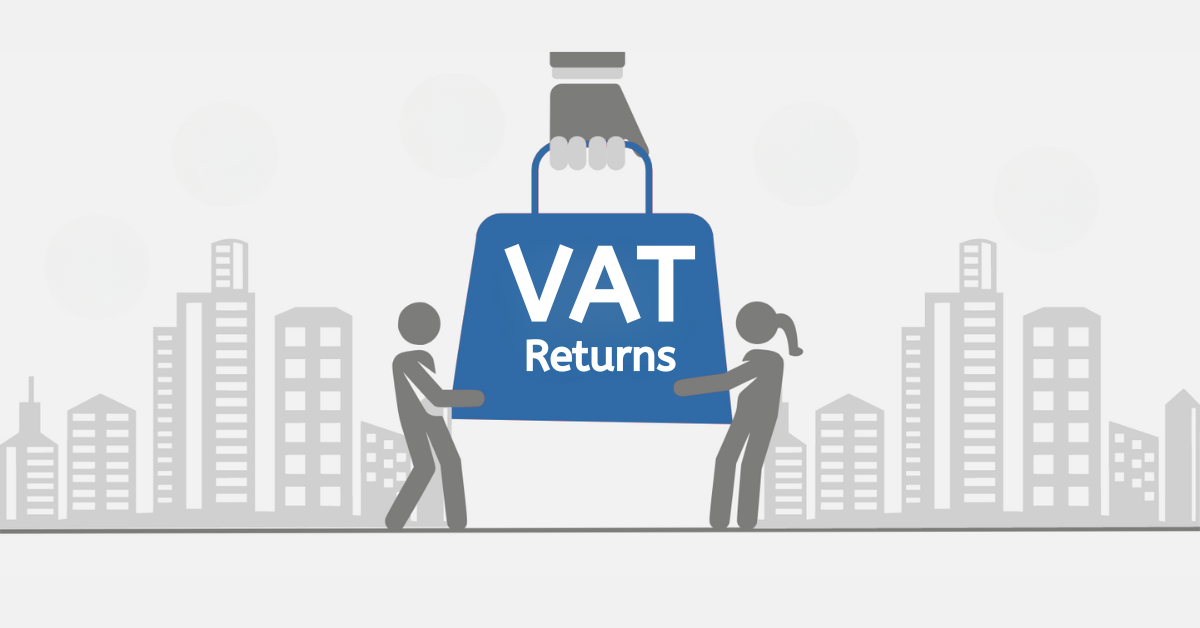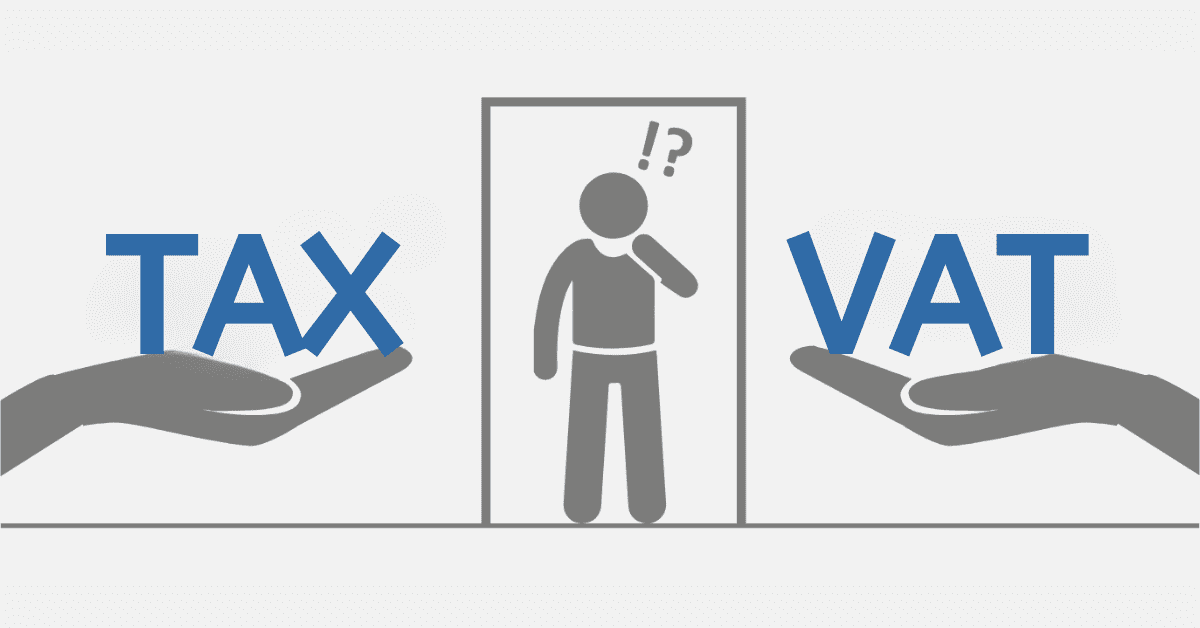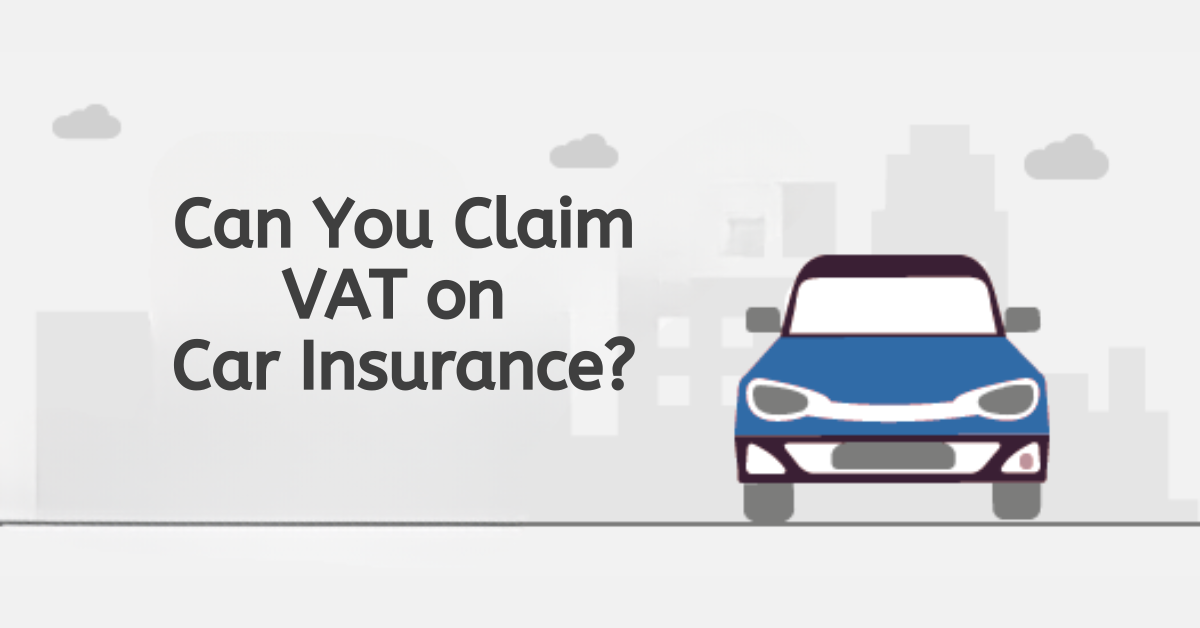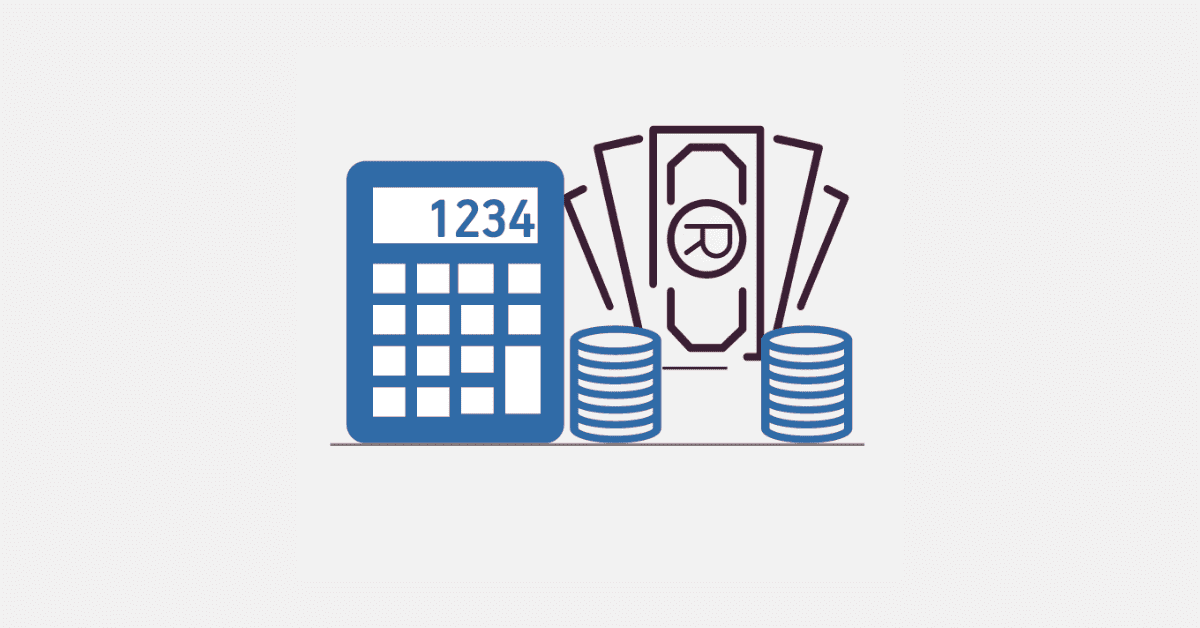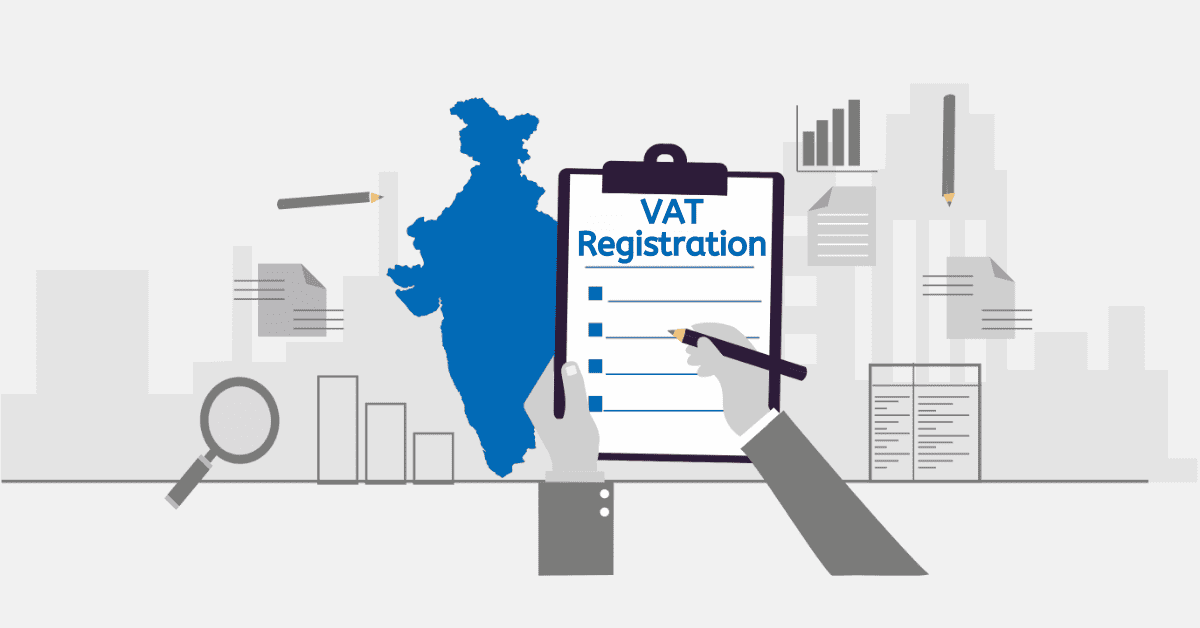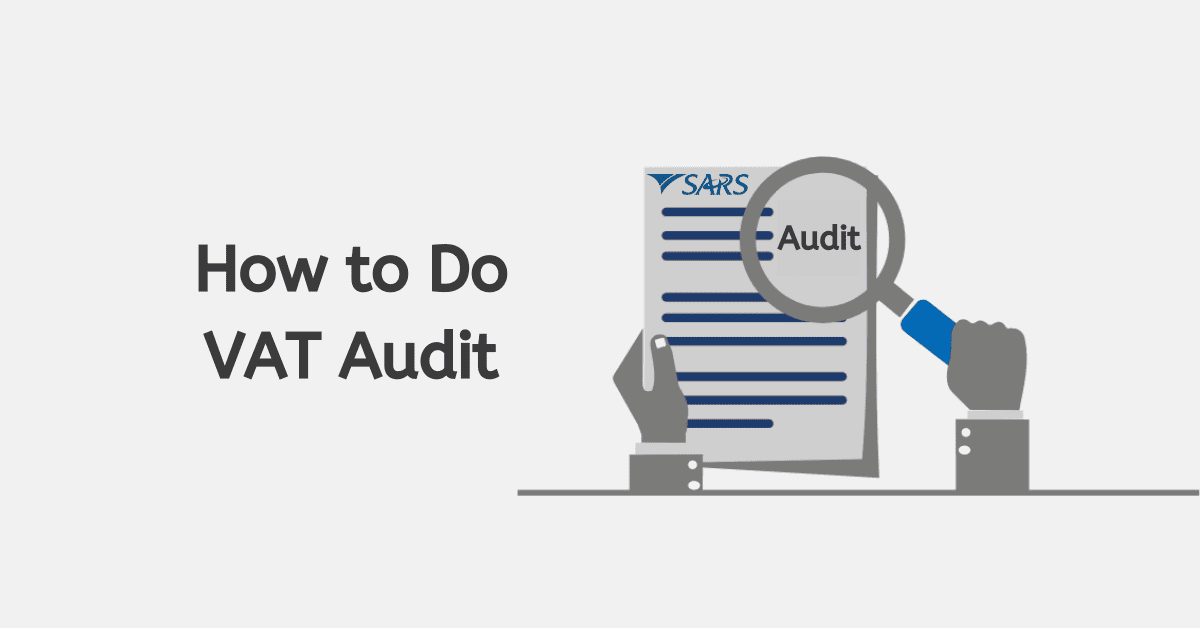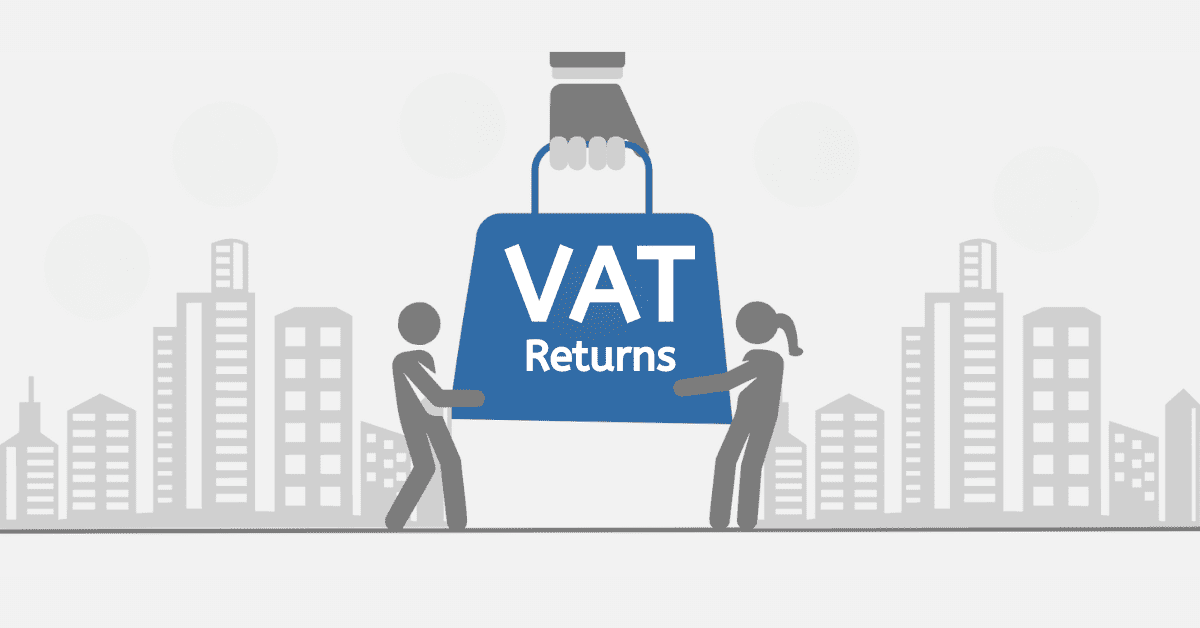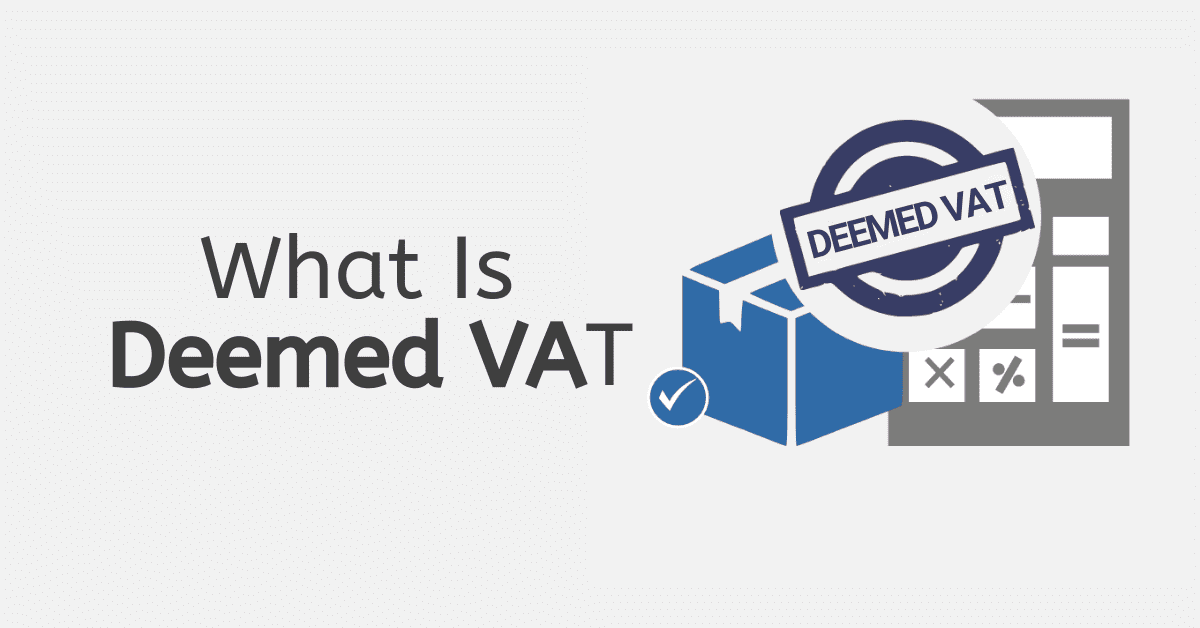Value Added Tax (VAT) is crucial in South Africa’s taxation system, crucial for both individuals and businesses in South Africa. This guide offers comprehensive insights into the 2025 VAT rate, the calculation process, exempt items, and the minimum income threshold for tax payment, ensuring a clear understanding of this vital component of the country’s economy.
How Much is the VAT Rate in South Africa?
South Africa’s present standard VAT rate is 15 percent. The 15% VAT rate in South Africa has been stable, contributing to the price of most goods and services. Yet, it’s worth noting that not all items adhere to this standard rate. South Africa categorizes specific goods and services as either zero-rated or exempt from VAT, offering some relief to consumers.
What is the VAT rate in 2025?
The VAT rate in South Africa for 2025 remains unchanged at 15%. Tax rates are subject to occasional evaluations and modifications, so staying abreast of official announcements for revisions is crucial. The VAT rate significantly influences the government’s income and the general cost of living for the people of South Africa. Consequently, alterations to the VAT rate typically undergo careful examination by the public and the parliamentary authorities.
What is the Current VAT Rate in South Africa in 2025?
The current VAT rate in South Africa for 2025 is 15%. Most goods and services within the nation are affected by this rate. Businesses need to integrate this rate into their pricing strategies and for individuals to be mindful of it when making purchases. Grasping the VAT rate is fundamental for effective budgeting and financial planning as it influences the overall expenses on goods and services.
What Items are Exempt from VAT in South Africa?
South Africa has established categories for items that are either zero-rated or exempt from VAT:
- Zero-rated Items: These are goods and services subject to a 0% VAT rate. This means that VAT is applied, but the rate is zero, resulting in no additional tax cost. Examples of zero-rated items include basic foodstuffs, some agricultural inputs, and exports.
- Exempt Items: Certain supplies are completely exempt from VAT. This means no VAT is charged on these supplies, and vendors cannot claim input tax deductions for these transactions. Exempt items include residential rental income, specific financial services, and the sale of a going concern, which refers to the sale of an entire business entity.
In general, distinguishing between zero-rated and exempt items is crucial for businesses to properly comply with VAT regulations and accurately account for tax implications.
How is VAT Calculated?
VAT calculation involves applying the standard 15% rate to the value added at each stage of production or distribution. The formula for calculating VAT is straightforward:
VAT Amount = (Value of Goods or Services) x (VAT Rate)
For instance, if you purchase goods for R1,000, the VAT calculation would be as follows:
VAT Amount = R1,000 x 15% = R150
Thus, the complete sum for the products, including VAT, would amount to R1150. This approach guarantees that businesses are only taxed based on the value they contribute to goods or services.
What is the Minimum South African Salary to Pay Tax?
In South Africa, the minimum salary to pay tax is determined by various age brackets. The specific income thresholds for different age groups are as follows:
- The minimum salary to pay tax for individuals below 65 years old is R95,750[.
- If you are 65 or older but younger than 75, the threshold for paying income tax is R148,217.
- The threshold for taxpayers aged 75 years and older is slightly higher at R165,689.
These benchmarks signify the lowest income levels that trigger an individual’s responsibility to pay income tax in South Africa. Recognizing that these numbers might be altered as tax laws and regulations evolve is essential. Staying informed about these updates is crucial for individuals to guarantee adherence to the most recent tax standards. If you’re uncertain about your tax responsibilities, seeking guidance from the South African Revenue Service or consulting with a knowledgeable tax expert for tailored assistance is recommended.
Understanding the income tax payment threshold helps individuals plan their finances and ensures they responsibly fulfill their tax obligations. Maintaining accurate income and deductions records is crucial to facilitate the tax filing process. Individuals can effectively manage their financial affairs and contribute to the country’s tax system by staying informed about the latest tax regulations and thresholds.
Conclusion
In conclusion, the VAT rate in South Africa is 15% in 2025, with certain goods and services designated as zero-rated or exempt from VAT. VAT calculation involves applying the 15% rate to the value of goods or services. The minimum wage for income tax payment in South Africa is influenced by different aspects and is liable to change. To acquire the latest details about taxation in South Africa, it’s wise to consult official sources or seek guidance from tax experts.
